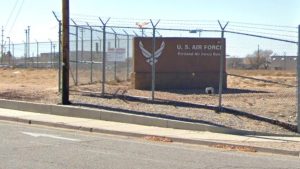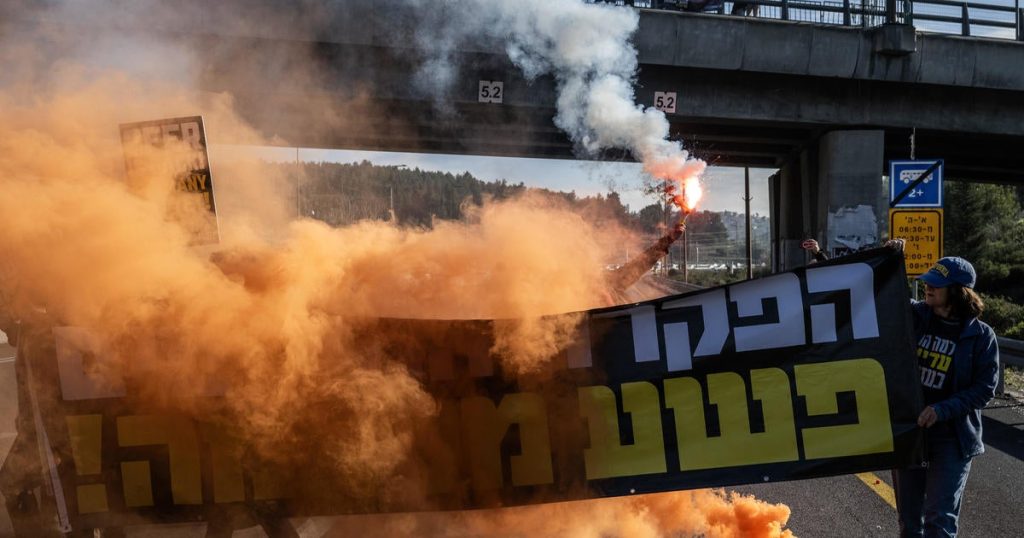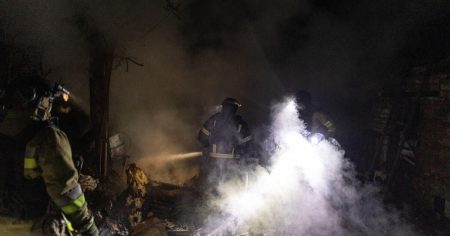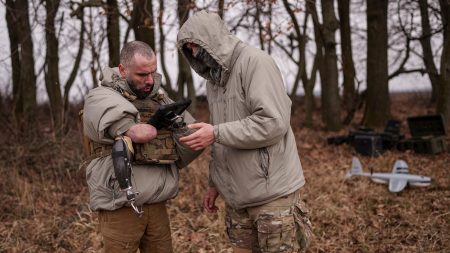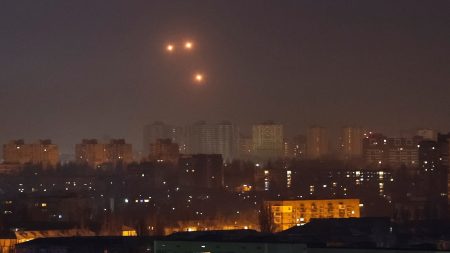The Fragile Ceasefire and Hostage Crisis in the Middle East
The Middle East is once again on the brink of chaos as a fragile ceasefire between Israel and Hamas hangs in the balance. Families of Israeli hostages still held in Gaza are enduring unbearable anguish, their hopes for reunion wavering with each passing day. On Monday, February 11, 2025, desperation turned to panic when these families blocked traffic in Tel Aviv, protesting the latest threat from Hamas to delay the release of additional hostages under the tenuous truce. The ceasefire, brokered by the United States, Qatar, and Egypt, officially took effect on January 19, offering a glimmer of hope for peace. However, the situation remains precarious, with both sides dug into their positions and the possibility of renewed violence looming large.
Netanyahu’s Ultimatum: A Threat to Resume Fighting
Israeli Prime Minister Benjamin Netanyahu has issued a stark warning to Hamas, making it clear that Israel will not tolerate further delays in the release of its citizens. In a statement following a meeting with his security cabinet, Netanyahu declared, "If Hamas does not return our hostages by Saturday noon, the ceasefire will end, and the IDF will resume intense fighting until Hamas is decisively defeated." The ultimatum underscores the tension and urgency gripping the region, with Israel’s leadership signaling a readiness to abandon the truce if its demands are not met. The IDF has already begun mobilizing troops in Gaza, preparing for the possibility of a renewed conflict.
Fear and Uncertainty Spread as Trump Calls for Changes
The shaky ceasefire and hostage release agreement were dealt another blow when former U.S. President Donald Trump suggested that the terms of the deal should be revised in light of Hamas’ recent threats. Trump’s comments added fuel to the fire, spreading fear and uncertainty across the region. By Tuesday, February 12, the sense of unease had deepened, with many questioning the durability of the agreement. The delicate balance of power in the Middle East is at risk of being upended, leaving civilians on both sides to bear the brunt of the consequences.
The Hostage Release Agreement: Progress and Heartbreak
The ceasefire has facilitated five exchanges between Israel and Hamas so far, with half of the 33 Israeli hostages expected to be freed during the first six-week phase of the agreement now back home. In exchange, Israel has released more than 700 Palestinian prisoners from its jails. However, the families of the remaining 76 hostages are living in agony, their hopes buoyed and dashed with each development. Tragically, some of these hostages are now confirmed dead, including 86-year-old Shlomo Mantzur, a Holocaust survivor whose murder in captivity has sent shockwaves through the Jewish community.
Civilians in Gaza and the West Bank Fear the Worst
The broader civilian population is also caught in the crossfire, their lives hanging in the balance as the ceasefire teeters on the edge of collapse. In Gaza, hundreds of thousands of displaced civilians have been allowed to return to their homes in the north, but many are bracing for the worst. "People have begun to stock up on supplies for fear that war will return," said Mohammad Yusuf, a resident of Khan Younis in southern Gaza. The situation is no less dire in the West Bank, where Israeli military operations and settler violence have intensified, leaving Palestinians there feeling increasingly vulnerable.
The Human Cost of the Conflict: Stories of Suffering
The emotional toll of the conflict isperhaps most evident in the stories of the hostages and their families. Alon Ohel, one of the hostages confirmed to be alive, is said to be starving, with untreated wounds and bound in chains. His mother, Idit Ohel, addressed President Trump directly, pleading, "Do everything in your power to ensure that this deal is continued. Today is Alon’s 24th birthday." The release of three Israeli men on February 8 brought some relief, but the condition of the hostages—emaciated and badly treated—has left Israelis in anguish. Meanwhile, in the West Bank, residents like Maha Fathi Taleb are resolute in their defiance, insisting, "We will not leave our country. We will not. Even if they shoot us."
As the situation continues to unfold, one thing is clear: the fate of the hostages, the future of the ceasefire, and the lives of millions in the region hang precariously in the balance. The Middle East, once again, stands at a crossroads, with the world watching to see if diplomacy can prevail or if violence will once again take its toll.
